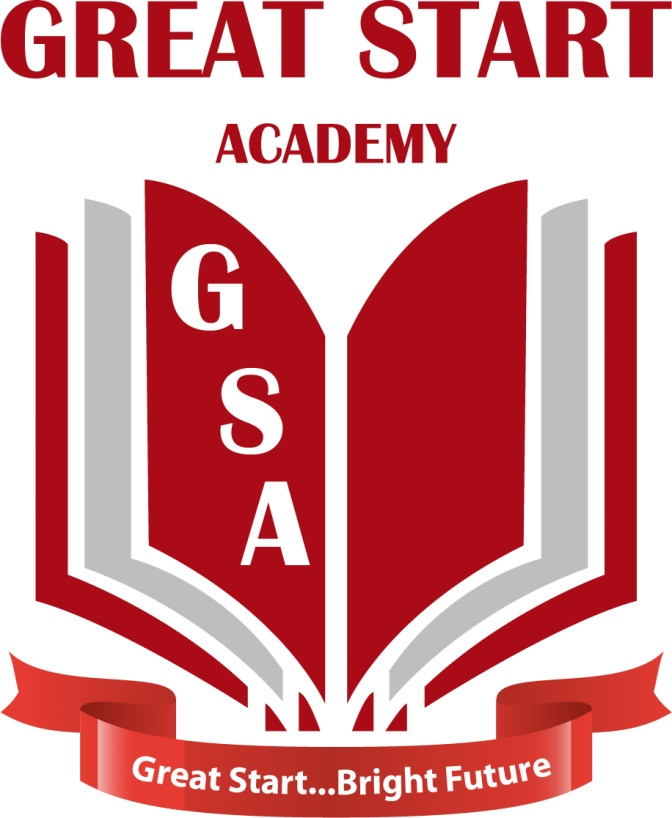
Academics
Our academic programs are thoughtfully designed to inspire curiosity, build confidence, and support every student’s individual journey—from their first steps in daycare to PEP readiness in Grade 6.

A Multi-Sensory Approach: Integrating Ministry Standard with Orton-Gillingham Methodology
Curriculum Overview
-
Our youngest learners experience a nurturing, play-based environment designed to promote early brain development, sensory awareness, and social interaction. Activities include circle time, music, guided play, and story time—focused on motor skills, language development, and emotional growth.
Using the framework from the Ministry of Education and enhanced by “Raising the Bar” from Canada, our curriculum encourages all of the above and social-emotional growth through purposeful play.
Our caring staff are trained to work with children at various developmental stages and are equipped to support learners with special needs using strategies tailored to their growth.
-
At this stage, students explore early literacy, numeracy, phonics, music, storytelling, and art through a balance of structured learning and imaginative play. The Jamaican Ministry of Education’s Early Childhood curriculum is supplemented with elements of Canada’s “Raising the Bar” and the Orton-Gillingham multisensory method, especially for those with learning differences. Emphasis is placed on communication, creativity, and independence.
We focus on building strong foundations in literacy, numeracy, creative expression, and problem-solving—preparing students for a seamless transition into primary-level education.
We recognize that every child learns differently, and our teachers are equipped to support a wide range of learning needs. Through the Orton-Gillingham multisensory approach, students develop essential pre-reading and writing skills, particularly benefiting those with learning differences or dyslexia.
-
We offer engaging instruction in core subjects such as Mathematics, Language Arts, Science, and Social Studies—ensuring a well-rounded education.
Students follow the Ministry of Education’s National Standards Curriculum, covering:Language Arts
Mathematics
Science
Social Studies
Spanish
Phonics
Critical Thinking
Reading
Computer Studies
Integrated Studies
Physical Education
Health & Family Life Education (HFLE)
For Grades 4 to 6, focused preparation is provided for the Primary Exit Profile (PEP) with continuous practice in performance tasks, critical thinking, and literacy/numeracy fluency.
Learning Environment & Approach
Respect and inclusivity
Values-based behavior
Hands-on learning
Quiet reading and reflection time
Small class sizes for individualized attention
Use of visual aids, manipulatives, and digital tools
Welcoming, vibrant, and organized classrooms
Homework & Assessments
Homework Policy
Homework is given regularly to reinforce classroom learning and build responsibility. Students are expected to complete all assignments on time. Parents are encouraged to check their child’s books daily and sign completed work. Written excuses are required if assignments cannot be completed.
Administered at the beginning and end of each term for Language Arts, Math, and Reading.
Monthly tests, Classwork and Homework, Group presentations, Quizzes and oral/written responses, Projects and practical tasks.
Mid-term exams, End-of-term exams, End-of-year exams
Grade 1 GOILP, Grade 3 Diagnostic, Grades 4–6: PEP (Performance Tasks & Ability Tests)







